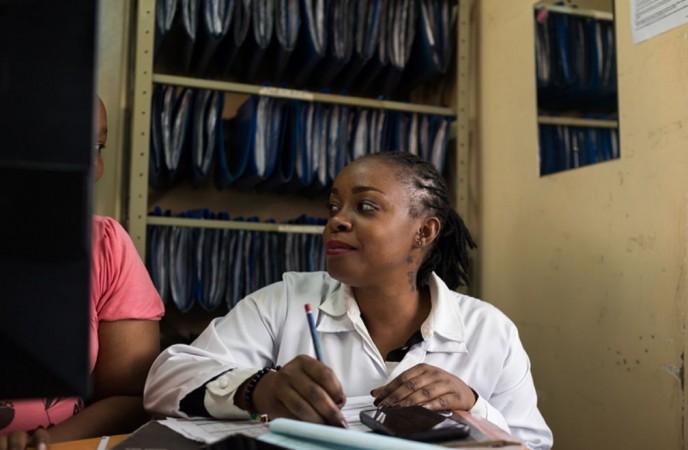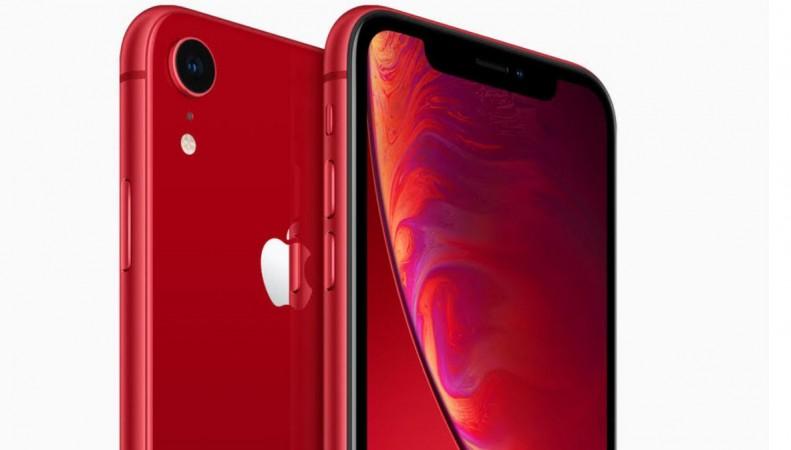For more than a decade, American technology behemoth Apple in collaboration with charity organisation (RED) has been offering support to the Global Fund to Fight Acquired Immune Deficiency Syndrome (AIDS) in Africa.
"For 12 years, our partnership with (RED) has supported HIV/AIDS programs that provide counselling, testing, and medicine that prevents the transmission of HIV from a mother to her unborn child. We're pleased to announce that we've now raised over $200 million through the sale of our (RED) products. Every purchase brings us a step closer to an AIDS‑free generation," Apple said in a statement.
This year, the Cupertino-based company is going a step further to create more awareness among the public ahead of Worlds AIDS Day on 1 December. It has confirmed to that the company logos at 125 Apple Stores will turn red, including our new Champs-Elysées store from November 30 and conclude on 6 December. Also, Product RED decals that say "Choose (RED). Give life." will be on windows in over 400 Retail stores.

Most importantly, from 1 to 7 December, Apple will donate $1 to (RED) for every purchase made with Apple Pay at an Apple Store, on Apple.com, or through the Apple Store app.
It can be noted that $1 dollar can provide 5 days of lifesaving medicine and this will in effect reduces the number of children born with HIV.
Usually, Apple used to launch PRODUCT (RED) early in the year late March or April, but this time, with the release of the iPhone XR (review), it began selling a special crimson-hued model from day one since 26 October launch. By buying the iPhone XR PRODUCT (RED), consumers can contribute to the treatment and prevention of AIDS in underdeveloped regions.
Besides the iPhone XR, Apple is also selling similar PRODUCT (RED) series range such as Sports Loop for Apple Watch and a collection of cases and covers for iPhone and iPad models in addition to headphones and speakers by Beats.

Like previous times, Apple will contribute a part of the revenue generated from selling the aforementioned devices to fund the (RED) to arrange medical camps and treatments for people with AIDS in Africa.
In 2000, a staggering 9.3% of all adults in Kenya were Human Immunodeficiency Virus (HIV)-positive. Sadly, at the same time, the drugs were in short supply. Due to this, World Health Organization guidelines stipulated that lifesaving antiretrovirals (ARVs) should only be administered once a patient's CD4 count, which measures immune system health, fell below a very low mark. "It meant patients had to be extremely sick to access ARVs, and for many, that was too late", (RED) organisation said.

[Note: For those unaware, CD4 cells (aka CD4+ T cells) are white blood cells that fight infection. When the CD4 count drops below 200, a person is diagnosed with AIDS. A normal range for CD4 cells is about 500-1,500.]
Since then, (RED) has vastly improved the health care systems in Kenya through wide-scale awareness program thanks to good corporate funding, with Apple Inc being its biggest donor.














